Summaries of books about Biology:
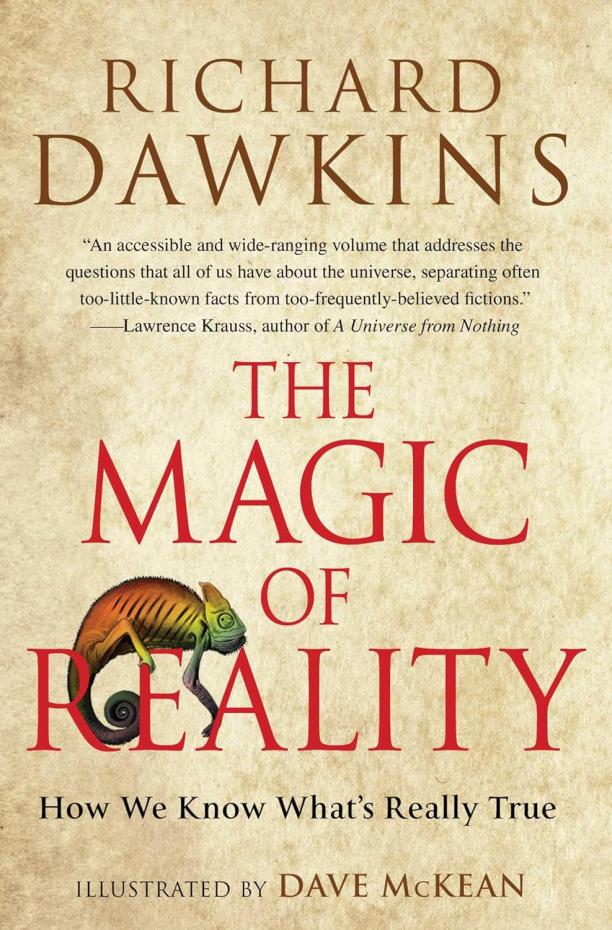
The Magic of Reality
How We Know What's Really True
Richard Dawkins
The book explores various natural phenomena and myths from different cultures, using scientific explanations to demystify them and illustrate the beauty of the real world. It covers topics ranging from evolution to space, aiming to inspire a sense of wonder through evidence-based understanding.
See full summary
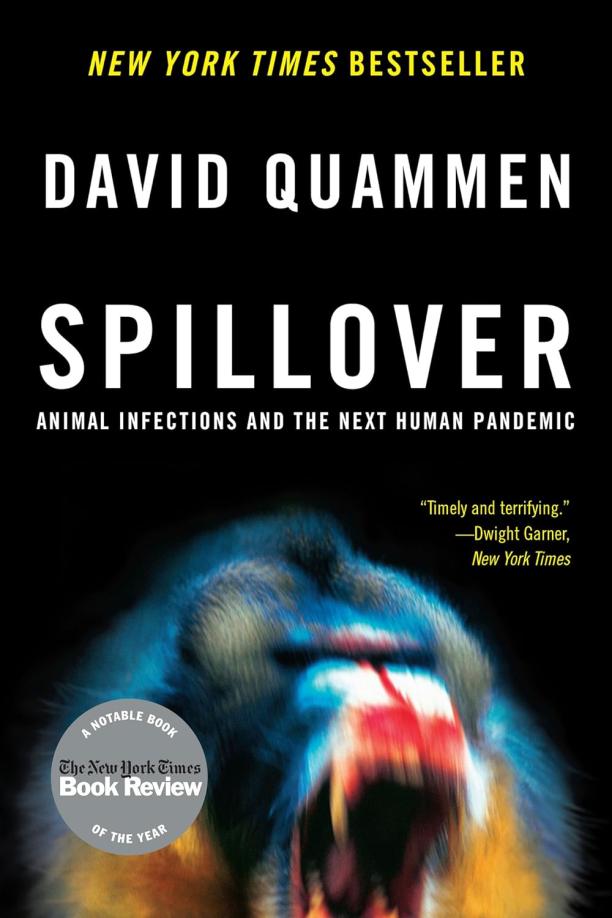
Spillover
Animal Infections and the Next Human Pandemic
David Quammen
The book investigates the science, history, and human impact of zoonotic diseases—those that jump from animals to humans—exploring how human encroachment into wildlife habitats increases the risk of pandemics. It delves into case studies of various diseases, such as Ebola and SARS, and features interviews with scientists and researchers on the front lines of preventing the next global outbreak.
See full summary

Finding the Mother Tree
Discovering the Wisdom of the Forest
Suzanne Simard
The book delves into the complex, interconnected networks of trees in forests, revealing how these ecosystems communicate and support each other through a web of fungal connections. It combines personal narrative with scientific insights to illustrate the author's groundbreaking research on tree interdependence and the pivotal role of Mother Trees as central hubs in the symbiotic relationships within forests.
See full summary
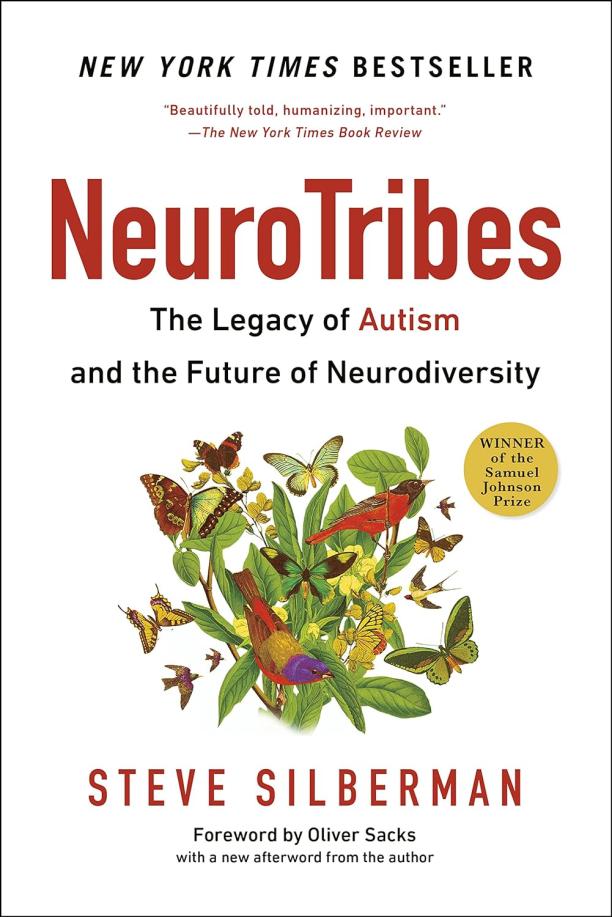
NeuroTribes
The Legacy of Autism and the Future of Neurodiversity
Steve Silberman
The book explores the history of autism, debunking myths and revealing the often misunderstood narratives of autistic individuals throughout time. It advocates for a more accepting and inclusive approach to neurodiversity, highlighting the contributions of people on the autism spectrum to society.
See full summary
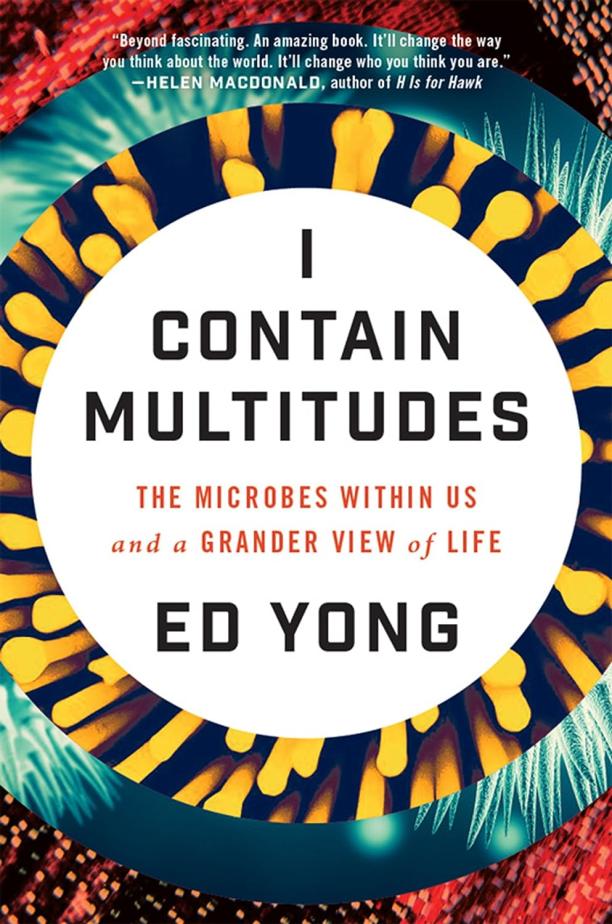
I Contain Multitudes
The Microbes Within Us and a Grander View of Life
Ed Yong
The book explores the complex and often symbiotic relationships between humans and the vast array of microbes that inhabit our bodies and the environment. It delves into the science of microbiomes, illustrating how these microscopic organisms influence health, behavior, and the intricate web of life on Earth.
See full summary
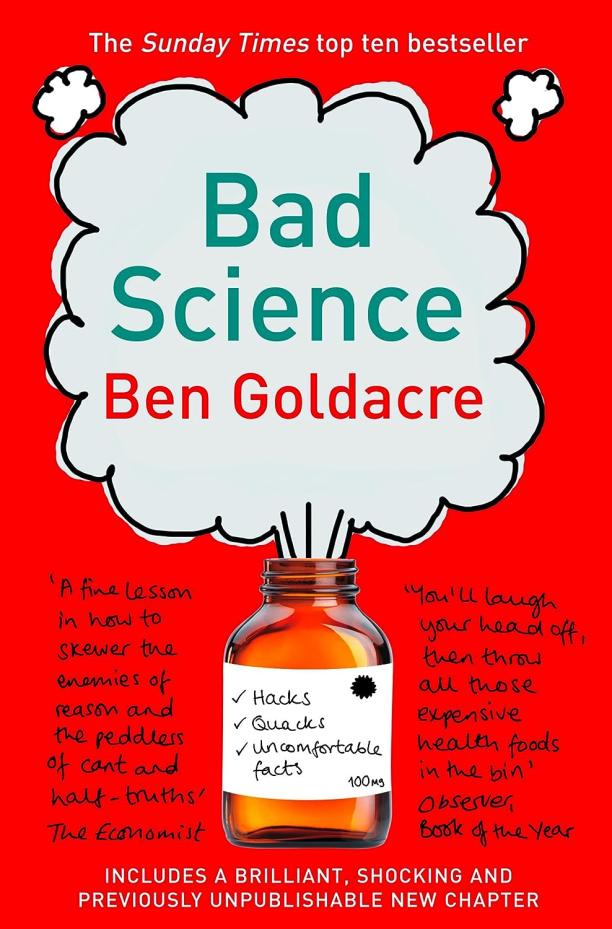
Bad Science
Ben Goldacre
The book critically examines the misuse of science by sensationalist media, quack therapists, pharmaceutical companies, and alternative medicine practitioners. It exposes how these entities manipulate scientific evidence, mislead the public, and promote pseudoscience, while also providing tools for readers to evaluate scientific claims.
See full summary
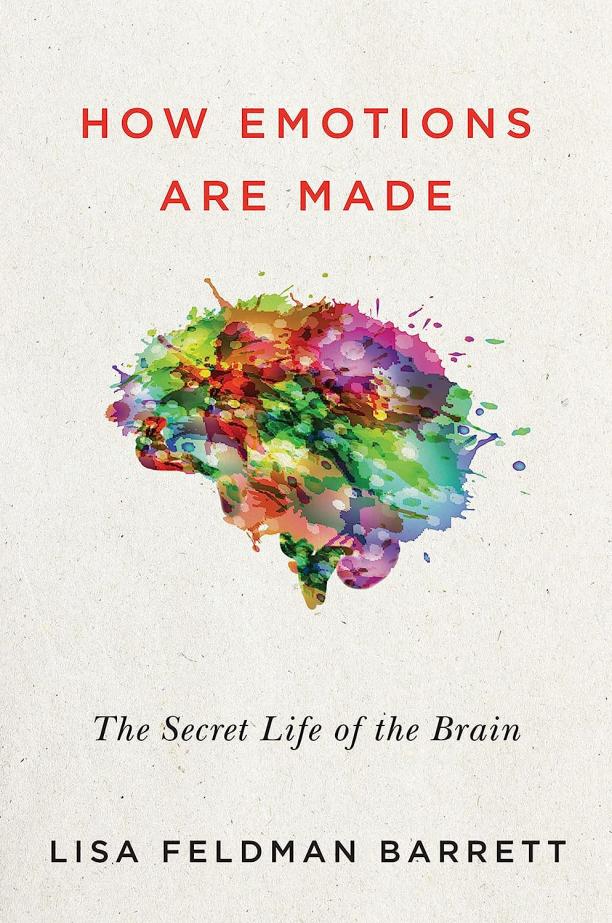
How Emotions Are Made
The Secret Life of the Brain
Lisa Feldman Barrett
The book challenges the classical view of emotions as universal and hardwired, proposing instead a theory that emotions are constructed by our brains in the moment, shaped by our experiences, culture, and environment. It delves into the neuroscience behind emotion creation, illustrating how our perceptions and interpretations of the world create the emotions we experience.
See full summary
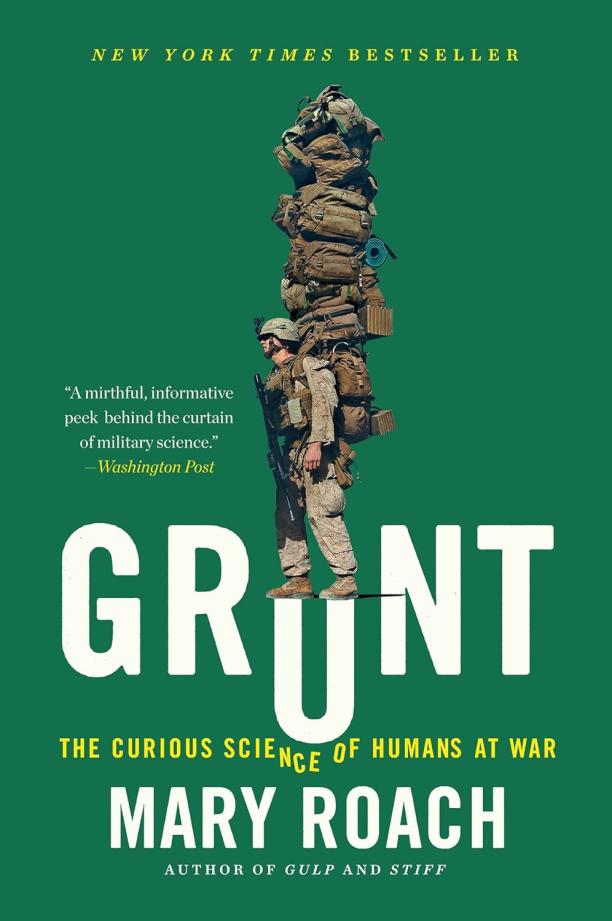
Grunt
The Curious Science of Humans at War
Mary Roach
The book delves into the lesser-known aspects of military science, exploring the quirky and critical research that goes into ensuring soldiers' survival and effectiveness, from clothing design to the impact of panic, extreme noise, and combat wounds. It provides an in-depth look at the scientists and medical professionals dedicated to improving soldiers' lives and safety on and off the battlefield.
See full summary
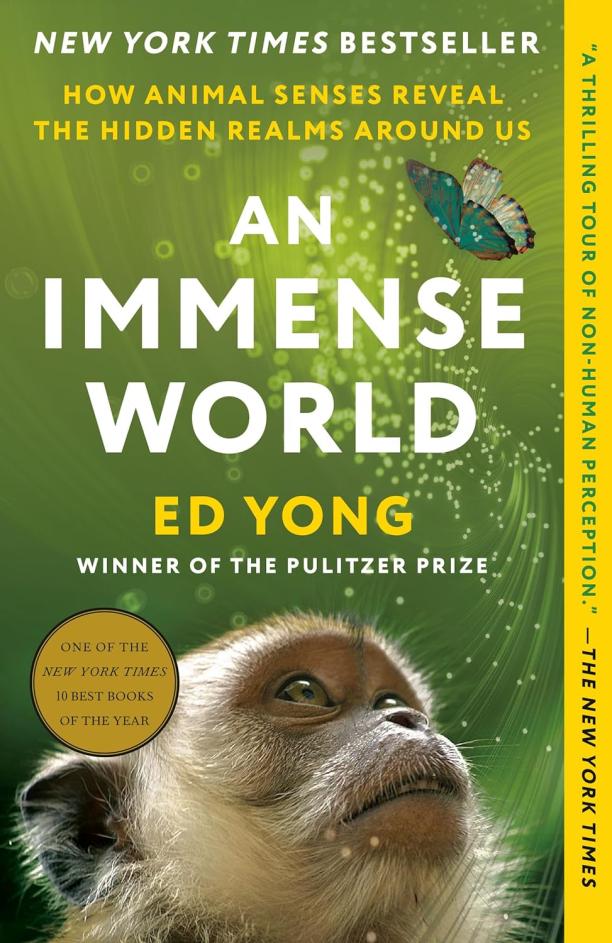
An Immense World
How Animal Senses Reveal the Hidden Realms Around Us
Ed Yong
The book explores the diverse sensory experiences of various animals, revealing how creatures perceive the world in ways vastly different from human senses. It delves into scientific research to uncover the unique ways animals communicate, navigate, and interact with their environments through their specialized senses.
See full summary

Biocentrism
How Life and Consciousness are the Keys to Understanding the True Nature of the Universe
Robert Lanza|Bob Berman
The book posits that life and consciousness are fundamental to the universe, challenging traditional physics by suggesting that reality is shaped by the observer's perception. It intertwines concepts from quantum mechanics with biological observations to argue that the universe is essentially a construct of the mind.
See full summary